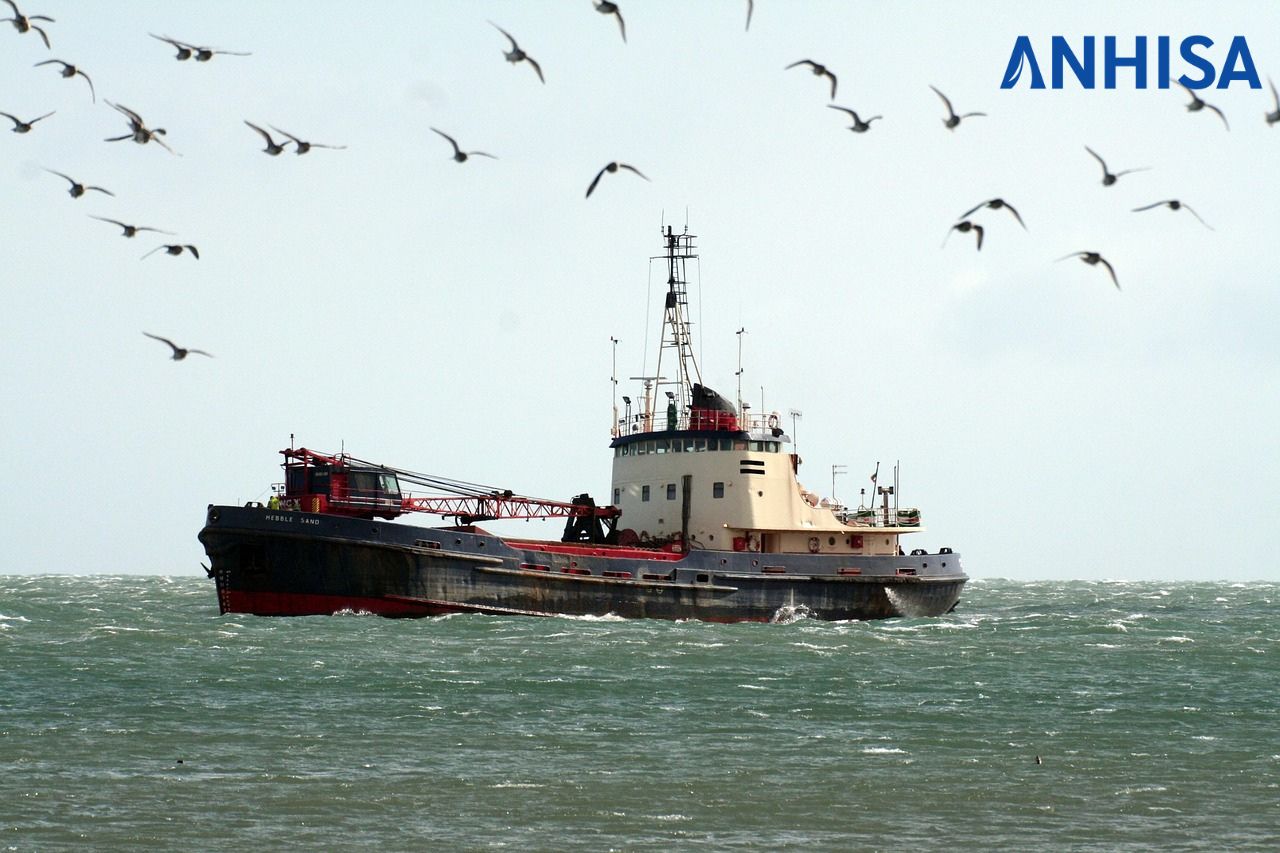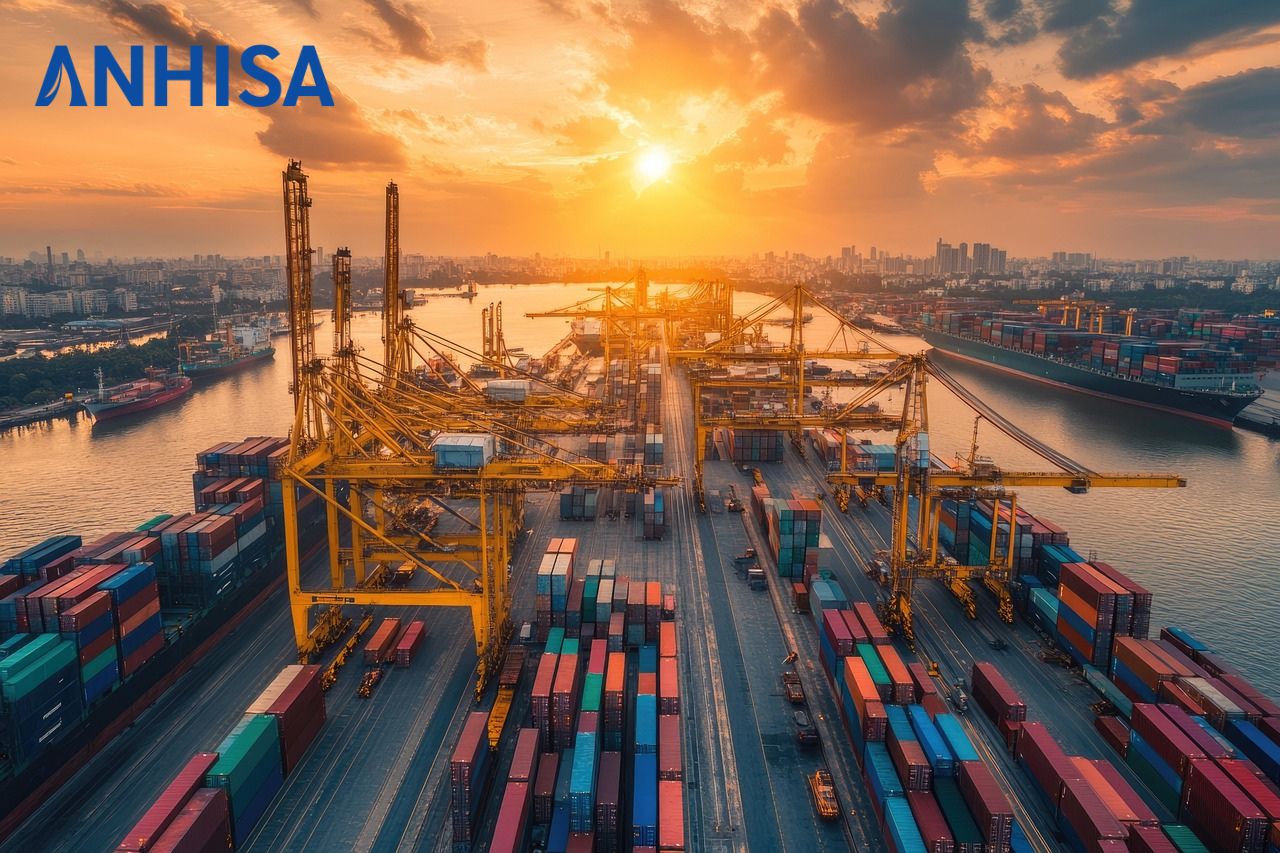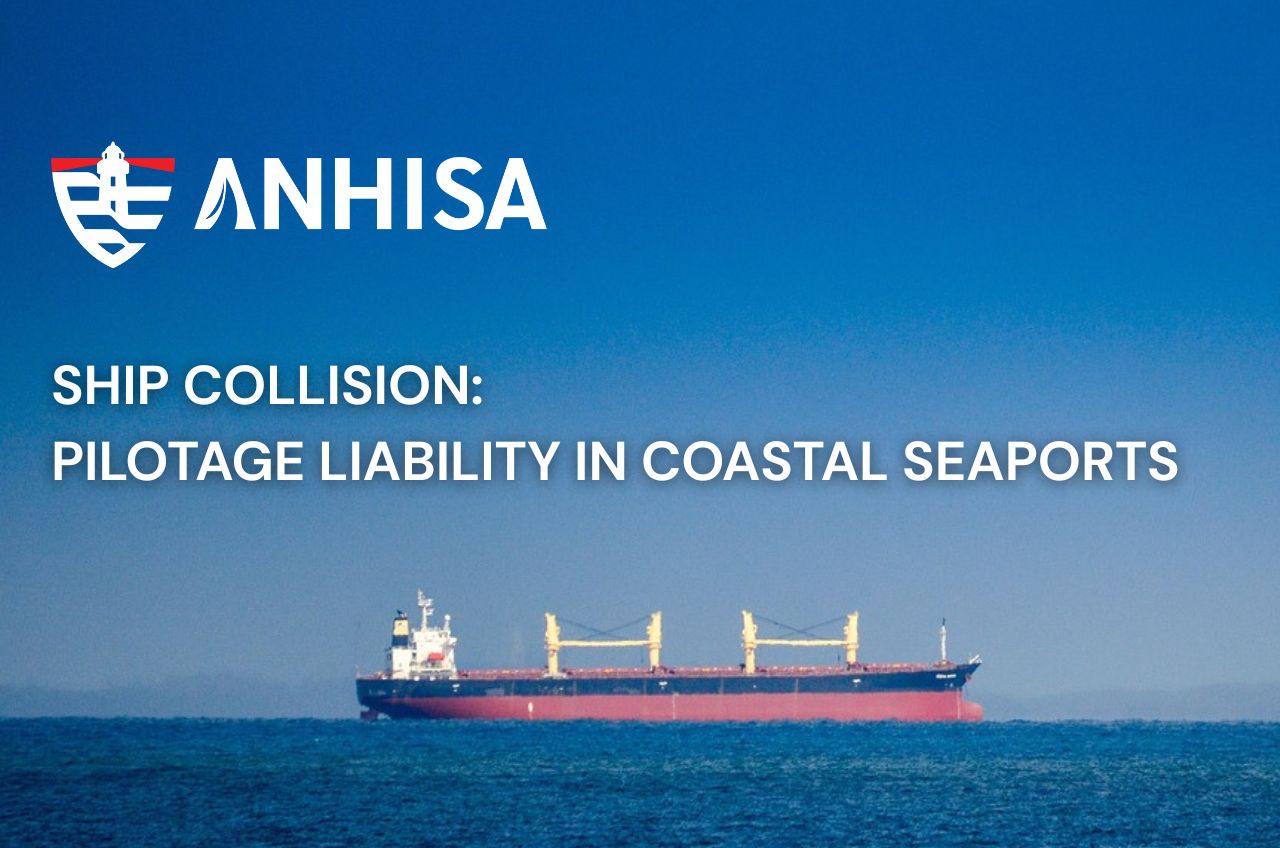Foreword
Pilotage liability in ship collisions refers to the legal responsibility of pilots who guide ships through navigable waters, particularly in confined or challenging areas such as ports, narrow channels, or congested waterways.
In coastal seaports, where the likelihood of collisions and accidents is increased, understanding pilotage liability is important. The first issue is to determine who bears the liability for damages caused by a pilot’s negligence, especially under compulsory and non-compulsory pilotage scenarios. In light of Vietnamese laws, there is a prevailing regulation similar to the UK’s Pilotage Act 1987; shipowners remain liable for any loss or damage incurred during pilotage, irrespective of its compulsory nature.

Collision in the Narrow Channel
We have seen it in the past that a Panama-flag vessel, under pilotage, collided with a local container barge in the bustling river Long Tau. At the time of the collision, two ships experienced a head-on situation under favorable weather and visibility conditions. However, the area was considered a traffic density with many local small boats and barges. The vessel’s local pilot communicated in Vietnamese with the Regulation Center, but the language barrier with the ship’s master became a critical issue, causing the incident.
Specifically, at a closed distance of 60 meters away from impact, the barge unexpectedly altered its course, leading to a collision. The investigation uncovered critical factors contributing to the mishap, including the ship captain’s reliance on the pilot, inadequate coordination, and the failure to apply COLREG 72 signals for maneuvering and collision avoidance.

Lessons Learned for Future Voyages
In the aftermath, a comprehensive analysis reveals key lessons for maritime practitioners:
- Masters and pilots shall collaboratively navigate construction areas, adhering to speed restrictions and prioritizing situational awareness.
- Masters should maintain vigilance over pilot actions, fostering transparent communication to proactively address any navigation challenges.
- Collaboration between the bridge team and the pilot is essential. The pilot should share understanding, engage in proactive communication, and interpret local interactions to the master to ensure a safe voyage.
- Ships shall comply with the regulation of COLREG 72, complementing local communications with international regulations to avoid collision.
ANHISA LLC AND OUR EXPERTISE
ANHISA LLC is a boutique law firm specializing in Dispute Resolution, Shipping and Aviation. Being the leading lawyers in various fields of law, our qualified, experienced, and supportive team of lawyers know how to best proceed with a case against or in relation to Vietnamese parties and are well equipped to provide clients with cost-effective and innovative solutions to their problems.
Regarding dispute resolution, we have represented Vietnamese and foreign clients in the resolution of disputes involving maritime, construction, commercial and civil matters. Our lawyers are well-equipped to offer services on a wide range of disputes and conflicts, whether cross-border or purely domestic, to appear before any Judges or Arbitral Tribunals. The firm is prepared to assist clients in designing the appropriate dispute resolution procedure to help resolve conflicts as efficiently and cost effectively as possible, which may involve combining elements of mediation and other methods such as arbitration.
AUTHORS
DANG VIET ANH
Managing Partner
Mobile: (+84) 983 467070
Email: [email protected]
NGUYEN THI TUYET MAI
Senior Associate
Mobile: (+84) 939 117398
Email: [email protected]
This article aims to furnish our clients and contacts with general information on the relevant topic for reference purposes only, without creating any duty of care on the part of ANHISA. The information presented herein is not intended to serve, nor should it be considered, as a substitute for legal or other professional advice.
